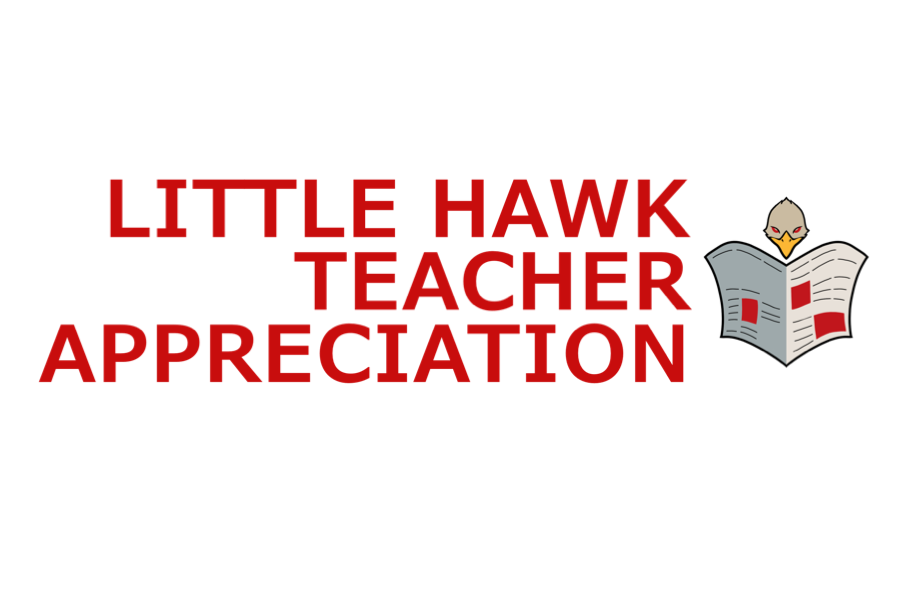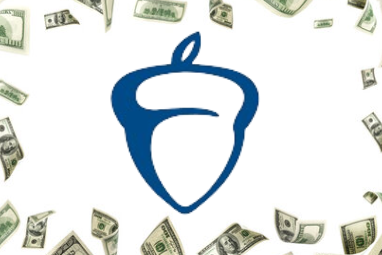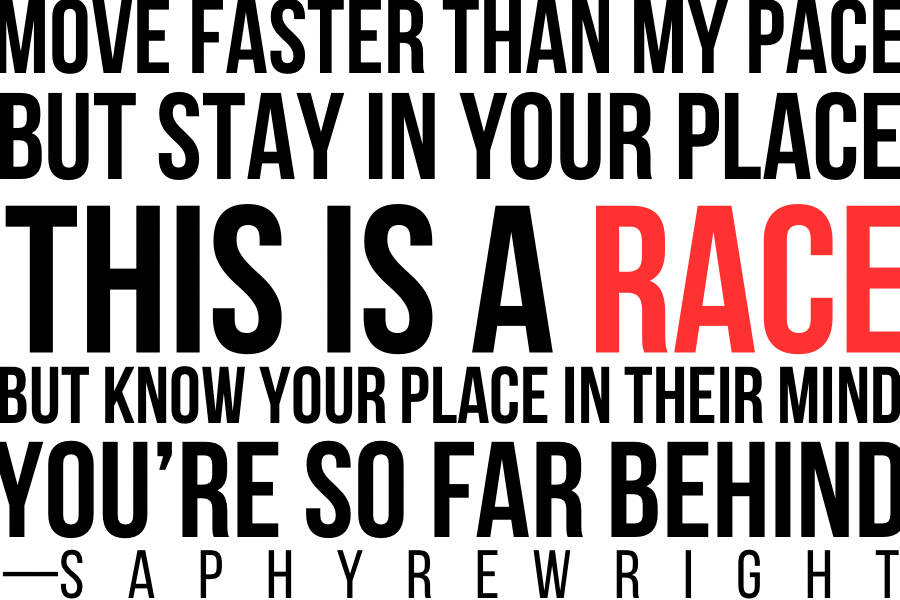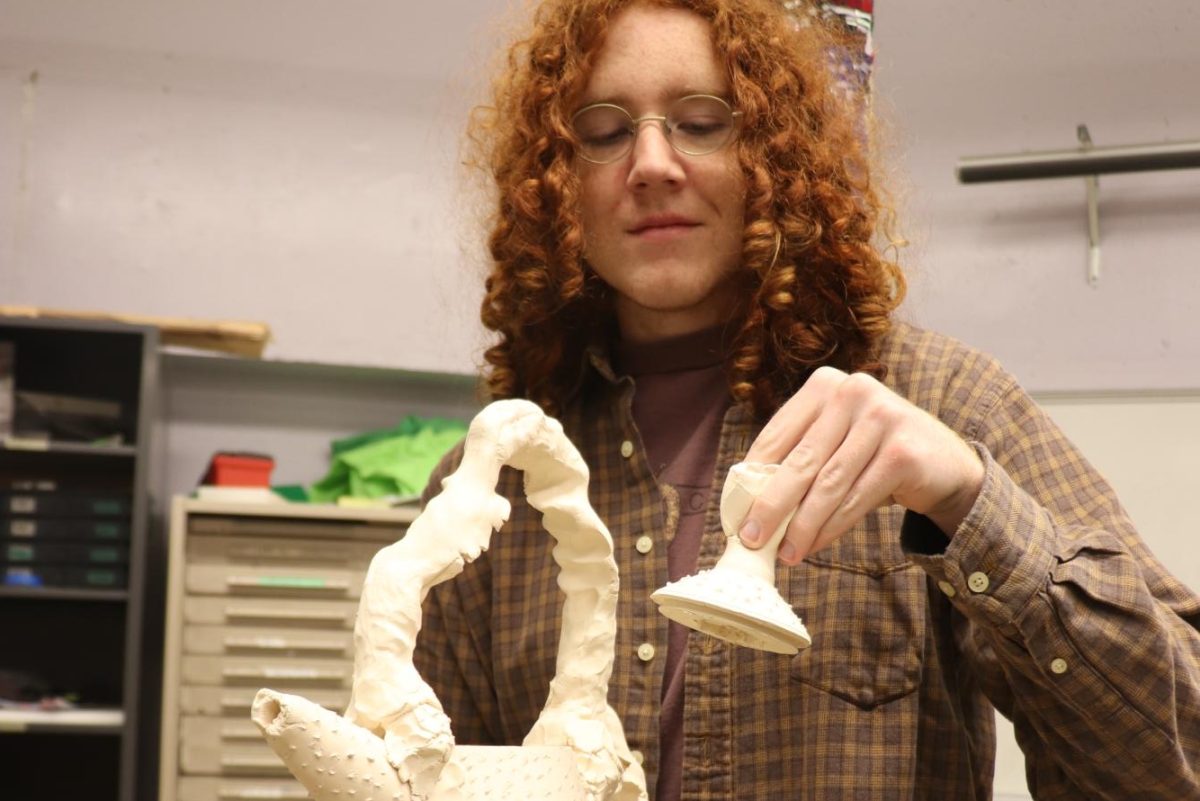“You’re gonna need to take some hard classes if you want to get into a good college, and you need that to have a successful career and life,” the old mantra goes, and here at City, that means AP classes. They’re available in abundance here, with students being able to take as many as can fill the whole schedule by junior year. But is that such a good thing?
Enter the College Board. College Board is a so-called non-profit organization that’s in charge of basically every major testing step along the way to college admissions. In other words, they have an absolute monopoly, while still being classified largely as a 501c3 nonprofit, meaning they are exempt from paying their income taxes. The College Board is responsible for AP classes themselves, the corresponding tests, the SAT program, the PSAT/NMSQT, and more, effectively giving them a stranglehold on the college admissions process.
The first place we need to look is at AP classes themselves. They are some of the most rigorous high school classes available for students to take, and as such, they can sometimes count for college credit if the student does very well on the AP test. The problem here comes up when you look at the curriculums.
Drew Gartner, a chemistry teacher, debate coach, and alumnus, said, “I haven’t taught an AP class so I don’t know, but my colleagues indicate that the AP curriculum is pretty much set, because you’re supposed to teach to the test.”
These curriculums are decided by the College Board itself, meaning they have the sole authority to do whatever they want with the curriculums, regardless of students and teachers everywhere. This enables things like the decision to drop all history before 1200 CE in the AP World History course, as well as the recent decision to comply with the state of Florida’s demands to drop the Black Lives Matter movement and critical race theory from their AP African-American Studies course. It also doesn’t allow teachers to adjust very much in the way they teach their curriculums, which means there’s not much that can be done if students aren’t able to keep up with the load that the College Board has assigned them. Many teachers also feel pressured to go all in because of the corresponding AP tests, which can have adverse effects as well.
One of the main reasons students take AP classes is due to the College Board’s claim that these courses are at the college level, and as such, they can get you college credit usually if you score a 4 or 5 on their five point scale end-of-year tests. “The rigor and the content was extremely beneficial, but the college credit wasn’t that important,” Gartner said. “AP classes can maybe get you out of a couple gen eds, but anything closer to your major, they want you to take the college version even if you have the AP credit.”
Another big issue that needs to be raised is the problem of monopolizing testing and the problems that can have related to both burnout and inequality. For example, in 2022, SAT revenue was nearly 300 million dollars, sitting at 289.1M. This is just one example of a number of ways the College Board is able to generate revenue by squeezing you for every dollar, such as their AP tests having an extra $40 for registering after November 15th, cancellation fees, fees to send your score to colleges, SAT late fees and cancellation fees, SAT essay fees, fees to see your answers checked, and there’s even fees to call and verify that your test was scored correctly. Testing for the purpose of money tends to go generally the way you’d think it would, designed to charge you for everything, while the College Board is less concerned about the accessibility of the material to students and their mental health.
Teachers can often feel the pressure to teach their students at a pace which allows them to cover both all of, and only what the College Board puts on the AP tests, which happen in the first and second weeks of May, leaving teachers with much more material to cover than a regular class, and in a much shorter amount of time too, as well as requiring constant reviews for a giant AP test that students are forced to pay for, causing even more equity issues. For example, not everyone is able to afford the tests, with a sticker price of $98 and fees at every corner. This can be detrimental to students without as much money to spend on this, as they don’t have the same access to credit as their peers do. Schools such as City are able to provide some programs to help pay for them, but with the rise of things like vouchers, this is simply infeasible for smaller schools with less funding.
Despite the College Board calling themselves a “non-profit,” they raked in a massive 1.1 Billion USD in 2023, setting record margins and generating much so-called “excess revenue” (a profit). Their CEO and President make about 1.8 million each, they have over $162 million invested in offshore Caribbean banks to avoid paying their taxes on the for-profit arm of the company. They had $222 million of investment gains alone in 2022. They made a profit of $127 million in 2022 to add to their $1.6 billion dollars worth of cash investments, all while still hiking up their prices almost annually for the various tests, with AP tests now sitting at nearly $100 each, generating an absurd $500 million a year off of AP testing alone. And don’t forget, they pay a lot fewer income taxes than you do!
So what can you do? Many times students can feel pressured to take as many AP classes as possible, to compete with peers or get a leg up in college admissions. However, this isn’t always beneficial, as the rigor can lead to burnout and other negative effects. “I’ve seen a lot of students get overwhelmed by trying to take too many AP classes,” Gartner said. “I think they should pick two to three subjects that they really want to maximize in and then take the non-AP versions of the other ones they’re less interested in.”
It’s time to break this abusive monopoly. Whether it’s the federal government with the FTC (Federal Trade Commission), the state of Iowa, or even something local like the school district, someone should put a stop to this “non-profit.” It’s become out of touch with the reality of high school students now and yet another beacon of our broken college admissions system. It’s now nothing but another rich investing firm, except this time preying on students and teachers alike.











































